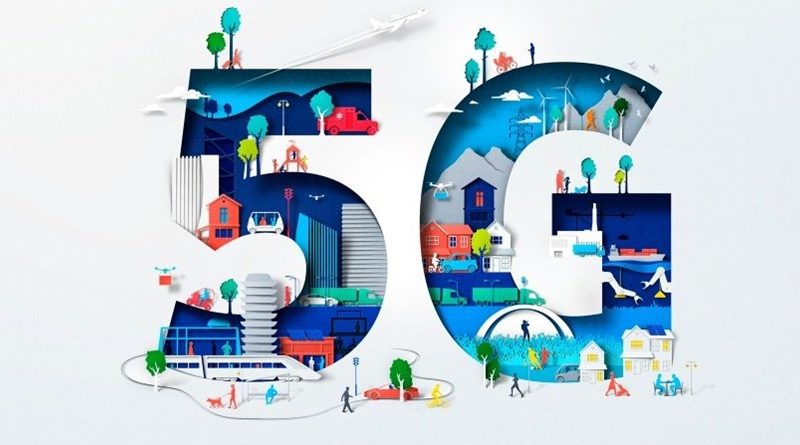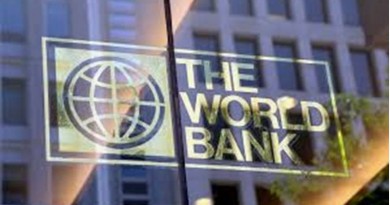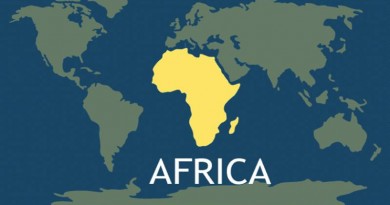5G will offer great potential for socio-economic development of Nigeria, says NCC
Nigeria could derive huge socio-economic benefits from the commercial deployment of 5G Networks, Nigerian Communications Commission (NCC) said during a panel discussion hosted by the Commission at Social Media Week Lagos.
At the NCC panel discussion which focused on, “5G Networks: Socioeconomic Benefits and Challenges”, which was also attended by the Chairman, Board of Commissioners of NCC, Prof. Adeolu Akande, participants had a lively conversation as they asked rational and piercing questions from the discussants.
Bako Wakil, Director, Technical Standards and Network Integrity at NCC, and Kenneth Uzoekwe, an Assistant Director in the Spectrum Administration Department of the Commission, responded to questions at the session moderated by Dr. Omoniyi Ibietan, Head, Online Media & Special Publications at the Commission.
Wakil explained that all communication possibilities within the framework of ITU’s IMT-2020 that enhance extremely accurate and near-instantaneous transfer of large quantities of data are well within the contemplation of 5G. Such technologies will also make for better experience of virtual realities, driverless cars, drone operations and a spectra of possibilities popularly called the Internet of Things (IoT).
Wakil explained that 5G is the newest generation of technology which “will bring about transformation in the country in the area of smart city, smart transportation, efficiency in medicine, a lot of automation, and 5G will control a lot of appliances and devices with respect to Internet of Things (IoT).”
Responding to questions on radiation level of a 5G network, Wakil allayed the fears of the participants: “Generally, there is every reason for people to be apprehensive with respect to the radiation of a new technology such as 5G. However, the radiation from 5G is non-ionising. Non-ionising radiation cannot cause adverse health effects in humans. So, radiation in 5G is going to be minimal and not harmful,” he clarified.
He identified the two major challenges to 5G network deployment as energy and infrastructure. He noted that while the Federal Ministry of Communications and Digital Economy is coordinating the NCC, the National Frequency Management Council, and the National Broadband Plan to address broadband infrastructure deficits, the poor state of electricity supply in the country needs to be addressed by other sectors of the economy.
Wakil explained that the NCC, having adopted the Open Access Model for enhanced broadband infrastructure deployment, has licensed six out of seven proposed Infrastructure Companies (InfraCos) to deploy fibre access in all the 774 local government areas (LGAs) of Nigeria.
Speaking about NCC’s preparedness for commercial 5G, Uzoekwe said there is enough spectrum bands that have been identified and can be used for the deployment of 5G. “Six spectrum bands have been identified, so, I can say we have enough spectrum bands. All we need now is to finalise the re-planing and re-farming, so that those occupying certain spectra can be relocated to other bands,” Uzoekwe said.
Uzoekwe told the excited audience that the InfraCo Project will help to bridge the 200 access gaps involving some 35 million Nigerians, who have no access to telecom services, as already identified by the Commission.




